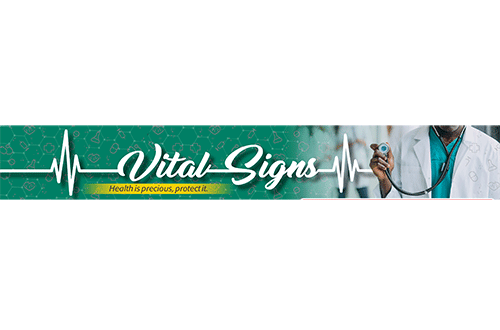CHARLOTTESVILLE – A sweeping new paper on menopause by a UVA Health expert and collaborators highlights the profound and sometimes surprising effects the “change of life” can have on women’s lives, health, workplaces and even finances.
The paper represents a holistic review of what we know about menopause and what we still need to learn. While it is directed primarily at doctors and scientists, it offers fascinating insights into how menopause affects American women and women worldwide. According to article co-author JoAnn V. Pinkerton, MD, UVA Health’s director of midlife health, such insights represent vital information for women, their physicians, policymakers and society at large.
“Hormonal changes occurring during the menopause transition may be associated with physical and psychological symptoms, including irregular menstrual cycles, hot flashes and night sweats, vaginal dryness, mood changes, sleep disruptions and brain fog. Although all women go through menopause, less than 15% of them receive effective, individualised, evidence-based treatment for their symptoms,” said Pinkerton, professor of obstetrics and gynaecology at the University of Virginia School of Medicine and executive director emeritus of the North American Menopause Society.
“Working with menopause specialists from different countries, our paper summarises what we know about menopause and calls for more research into the timeline and treatment of menopause. Menopause affects not only those going through it but also those who love them, live with them and work with them.”
Navigating Menopause
The researchers cite studies that found that moderate to severe menopause symptoms are associated with a decreased ability to perform work tasks – and that this decrease is often associated with worse workplace outcomes for the women suffering from them, especially for Black and Hispanic women. This reduction particularly affects certain subgroups of women, including those who do not have a partner, those who smoke, those who are overweight or obese, those who serve as a caregiver for others and those who lack secure housing.
One survey of women in the United Kingdom found that those who reported struggling with menopause symptoms were more likely to suffer financial problems, depression and self-reported health issues, the researchers note.
“The United Kingdom is way ahead of the United States in addressing and minimising the effects of menopause in women in the workplace,” Pinkerton said.
“We need to improve our care of menopausal women – both with individualised treatment options and address their needs in the workplace.”
Menopause treatment
Thankfully, effective treatment options are available, and the new scientific paper offers a review of those options and which may be best suited for particular groups of patients.
It also calls out one category of treatments that should be viewed with a sceptical eye: “Complementary and alternate medicines (CAMs) for menopausal symptoms have been frequently touted, they are widely advertised and have an overall dismal track record of efficacy when subjected to rigorous scientific study,” the experts note.
For example, popular phyto (plant) estrogen supplements have been studied extensively in numerous trials, but the researchers say no benefits have been found.
Black cohosh, another dietary supplement sometimes used to treat menopause symptoms, has so far been found to be safe but of limited effectiveness.
Pinkerton hopes the new paper will help women and their physicians sort fact from fiction when it comes to menopause – and that it will serve as an important roadmap to good health later in life.
For women, “optimising health at menopause is the gateway to healthy aging,” Pinkerton and her co-authors note.
“We now have effective hormonal and nonhormonal treatment options for
women suffering from menopause or at increased health risks as their estrogen levels decline,” Pinkerton said.
“For menopausal women, don’t suffer in silence – ask for help! At UVA, we have menopause specialists available to help those navigating the menopause transition and beyond.”
– UVA Health



